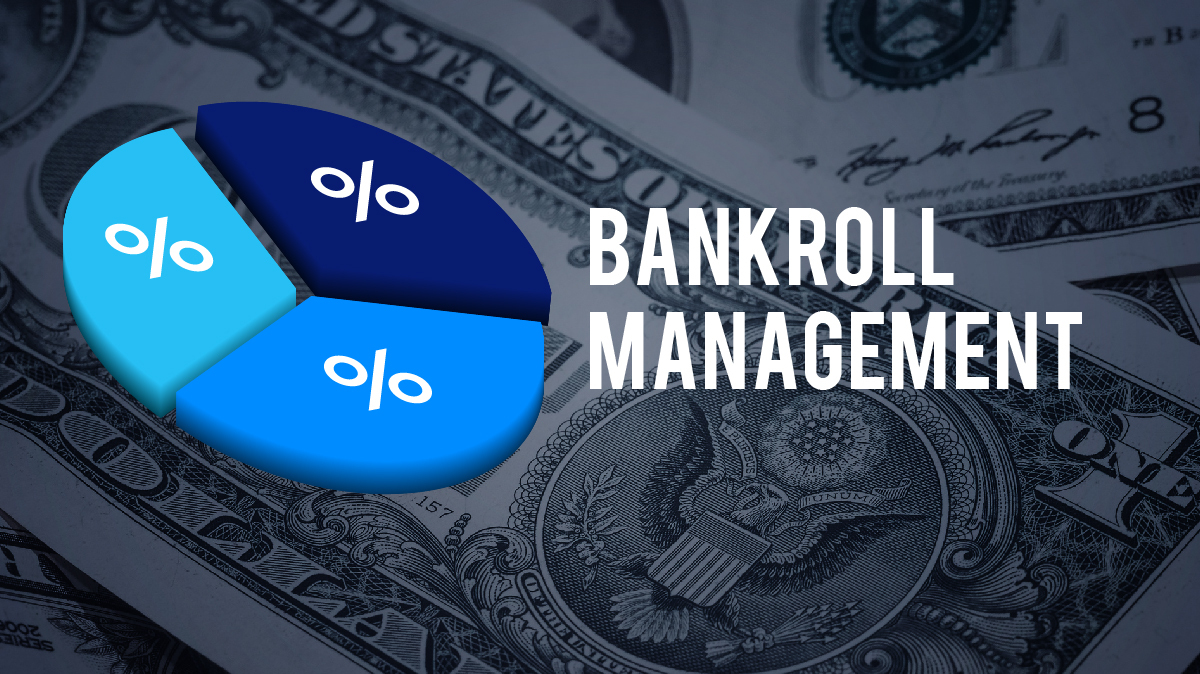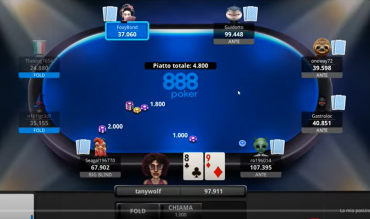Unlike other forms of gambling, poker is a game that can be consistently beaten over the long run. In fact, professional players think of poker more as a form of investing than a form of gambling.
Of course, that doesn’t mean that it is necessarily easy to make decent money, but it is certainly possible to make poker into a fully-fledged investment career with the right approach.
So, with that in mind, here are our top 5 tips for winning consistently at online poker.
Tip 1: Plan a Schedule
Successful players leave as little to chance as possible. Rather than playing poker randomly, good players follow a set schedule. Why not make use of a spreadsheet or online calendar to plan out exactly when you’ll put in your poker volume and study hours?
Remember to be reasonable here and leave time for other activities. Overdoing poker can lead to burnout which consequently leads to bad decisions at the tables.
When starting a business for the first time, it’s common to run projections. Although a career in poker should ideally be no different, many end up skipping this step.
Think about the following:
- How much money do I need to make?
- How many hands would I need to play, given an estimated winrate to achieve that financial goal?
- How many hours would I need to put in, given my current hands/hour?
- In the case of tournaments, we should ask similar questions involving our ROI and number of tournaments required.
It’s good to be conservative with our estimates here and always assume our winrate will be on the lower side. Once we know how many hours are required, we can begin arranging them into our schedule.
It’s essential to leave sufficient time for studying. The play-to-study ratio will usually depend on our experience level. If we are currently not winning in our respective games, we should probably spend 50% or more of our time studying.
If we already a comfortable winner, we should look to assign 80% of our poker time to playing and only 20% to studying.
Once we have created our schedule, we should take some time to experiment with it. We may find that the programme is too demanding and that we need to rethink our strategy.
We should fine-tune the schedule in the initial weeks, and then stick to it rigidly in the weeks that follow in an attempt to form good habits.
Tip 2: Follow Sound Bankroll Management

With most businesses, multiple components need to be monitored. Sure, we need to ensure that the product being sold, or the service being offered is of sufficient quality, but there is more to it than that. We need to keep an eye on the company bank balance and ensure that our income is exceeding our outgoings.
Similarly, having strong poker skills at the table is only one part of the puzzle. We also need to ensure that the games we are playing are appropriate for our bankroll. Playing in games that are too large for our bankroll is described as “playing under-rolled”. Our poker career can end extremely quickly this way.
As an example, cash game players might avoid buying in for any game that they don’t have at least 25 buy-ins to play. For instance, if they were looking to play cash games with a buy-in of $50 they would want to have at least $1,250 in their bankroll.
Tournament players might choose never to invest more than 2% of their bankroll on a tournament buy-in.
At first glance, this might seem excessive. It’s true that there could be some leeway here, but it’s important not to underestimate the size of variance in poker. Even very skilled players should expect to go on losing streaks of 10+ buy-ins in a cash game from time to time (even more in tournaments).
Our bankroll management strategy should be carefully designed so that it can still survive even in the worst case scenario of prolonged heavy losses.
Tip 3: Invest Time Into Improving Mindset
There are players out there that have the first two recommendations down perfectly, but will still never make it anywhere in poker.
Why not?
Simply put, their mental state is not up to the challenge.
At times, poker can exert immense pressure on our mental faculties. Countless players have blown through their entire roll at the tables after going on what they later refer to colloquially as “monkey tilt”. (“Tilt” is a poker term used to describe a profoundly affected emotional state while playing poker, usually caused by anger, but sometimes caused by other intense emotions such as fear, excitement, or lack of motivation).
Elite sportspersons in in all fields now recognise the importance of mental training. It’s extremely common for high profile athletes to receive specialist training from mental coaches. It’s no secret that having a finely tuned mental disposition can augment our results in all areas.
Poker is no different. The best players realise that investing in their mental game is one of the most important steps they can take towards success. Not all of us can afford a mental game coach, but there is plenty of written literature out there that now deals specifically with improving the mental aspect of our approach to poker.
Skip this step, and failure is (almost) guaranteed!
Tip 4: Track and Analyse Poker Results
Big businesses always track their performance over a long period. They want to know which strategies are performing well and how they can increase the overall proficiency of their offering. (Not to mention, they need a log of earnings so they can file their tax returns, and this also applies to poker players in certain countries).
Online players can track their results by making use of commercially available “poker tracking” software. Not only does poker tracking software collate and graph our results, but it also allows us to run an analysis on those outcomes and look for weaknesses with our current strategy.
In the case of live play, players should at the very least record the overall wins and losses of each session/tournament. This tracking can help us to perceive which types of games are profitable, make estimates regarding our winrate, and formulate a more refined approach to our bankroll management strategy.
The term “database analysis” describes the act of using poker tracking software to discover “leaks” (areas where we lose money) in our game. This factor is a fundamental skill for serious poker professionals, although many players neglect to follow this step correctly.
It’s true that poker coaches can be hired to run this type of analysis for us, but there is no substitute for getting to grips with how to use tracking software and learning to spot leaks in our own game.
Tip 5: Set Time Aside for Study
One common discussion in poker circles is how much of our success is a product of raw talent as opposed to hard work. There is no doubt, that talent plays an important role, but the general consensus is that hard work trumps talent.
Let’s rephrase that.
An untalented player who works very hard will do better than a talented player who doesn’t work.
Our success will be heavily related to how much work we are willing to invest in our poker game. If we are prepared to work harder than other players, we can reasonably expect to make more money than other players.
Of course, volume might not be as important as efficiency when it comes to studying time. It’s somewhat easy to waste time with poker study by following non-productive paths.
Our goal should be to break down poker into all of its components and work on each area individually.
Furthermore, we should prioritise components of the game that have the most significant impact on our winrate. As an example, playing in single-raised heads-up pots as the aggressor is significantly more important than learning how to play in 3-way, 4bet pots. The latter scenario doesn’t crop up that much.
Putting It All Together
There is no magic recipe for success, but the above 5 pointers provide a decent formula for generating long term profits. When players are either break-even or losing over a large sample, it’s nearly always the case that one of the above five components is missing from their overall approach.
Remember, winning at poker is not just about what we do when we show up at the tables; it’s about our approach to the entire package.
If we treat poker as we would any other business, then success should be just around the corner.


